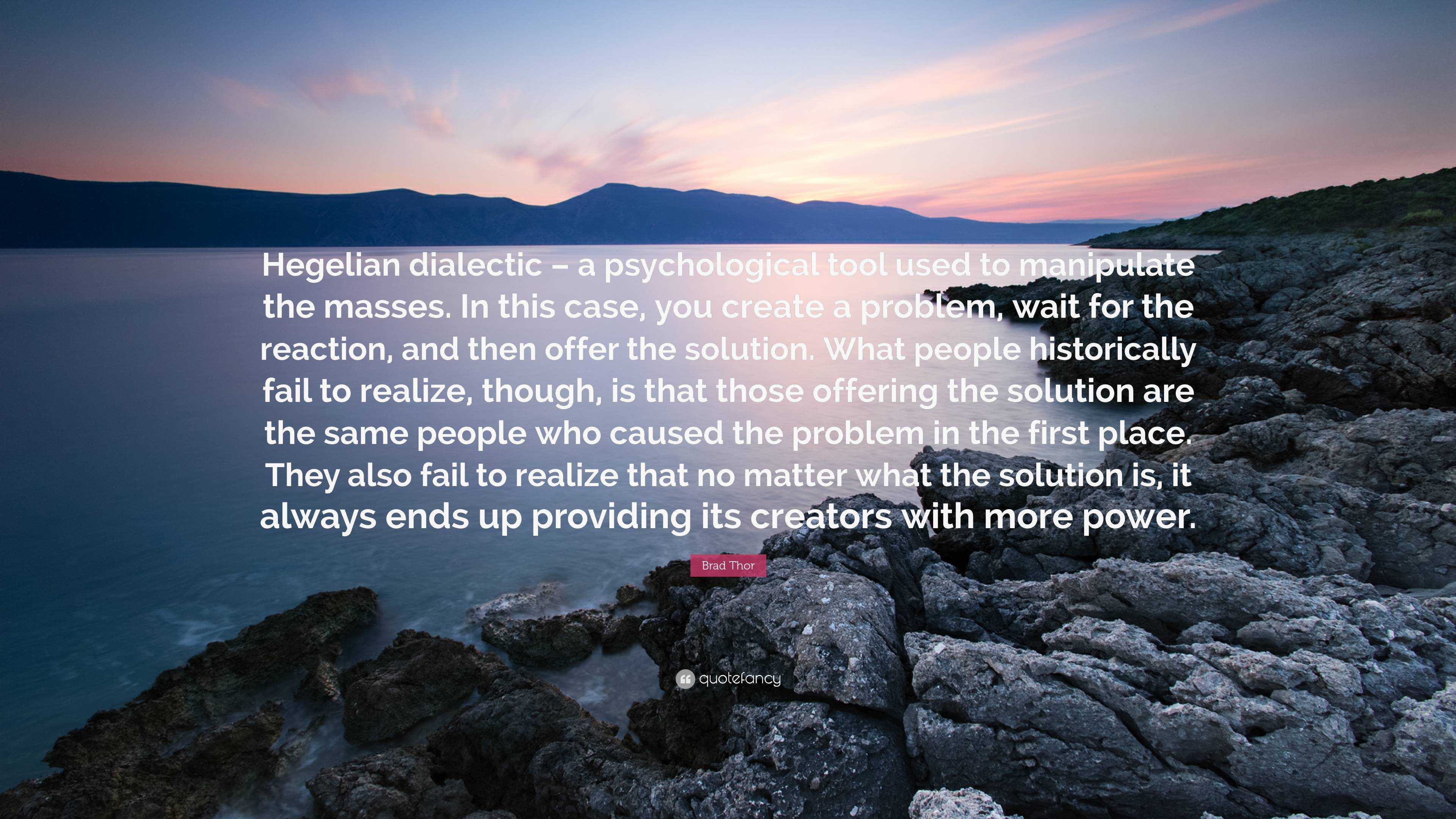

Popper calls Hegel “meaningless verbiage”. Like a beautiful oasis around a treacherous pool of nonsense, and nowhere beneath the foliage is the ground really firm.

Hegel’s claim to have attained wisdom is completely contrary to the original Greek conception of philosophy as the love of wisdom, that is, the ongoing pursuit rather than the final possession of wisdom. By the end of Phenomenology, Hegel claims to have arrived at Absolute Knowledge, which he identifies with wisdom. He is no lover or seeker of wisdom -he believes he has found it. Schopenhauer not only suggested reading Hegel will ruin one’s brain, he also declared Hegel a pseudo-philosopher whose philosophy paralyzes all mental powers and stifles one’s ability to think. Schopenhauer wrote on “the stupefying influence of Hegel’s sham wisdom” and suggested that no one under forty read Hegel. Russell says that Hegel is the most difficult to understand of the great philosophers because almost all of his doctrines are false. It can quite easily be expounded lucidly in words of one syllable, but then its absurdity becomes obvious. He set out with so much obscurity that people thought it must be profound. Hegel’s philosophy is so odd that one would not have expected him to be able to get some men to accept it, but he did. Here’s a short list of what other philosophers say about Hegel:īertrand Russell on Hegel in Philosophy and Politics: This fact, however, doesn’t necessarily prohibit us from hating him. I’m not going to even PRETEND to understand the first thing about anything Hegel wrote. Hegel claimed on his death bed that only one man could understand him and that that man had misunderstood him.Īnd those who do understand Hegel think his work is, well, stupid. Simply put: the reason why so many people hate Hegel is because most people do not understand Hegel. Thus maintaining the German tradition of convoluted writing. Hegel is notoriously difficult to understand. Second to fellow German philosopher Martin Heidegger, Hegel rates high on the “Huh?” chart. It’s generally held that it is not wise to knock Immanuel Kant, but it’s a good guess that the reason why no one likes Hegel has everything to do with his philosophy. Maybe it’s because Hegel dared to argue that Kant’s notion of ding an sich, is contradictory and inconsistent. Yeah, Hegel was a shitty person but that’s probably not the reason why people hate him so much. Or maybe because Hegel fathered an illegitimate son (Ludwig) with his landlady, and that Ludwig not only spent his first ten years in an orphanage, but that Hegel also refused to pay for the boy’s education. Maybe our collective hatred of Hegel has something to do with the fact that Hegel treated his landlady like crap.

Maybe people hate Hegel because, as some claim, Hegel the man is as boring as his philosophy. What did Hegel do that was so philosophically horrible? Lots of philosophers dislike Hegel, but why do so many other people hate Hegel so much? Most people who like philosophy have a favorite philosopher. Now, there are people who like philosophy. What I have set out to do is to help bring philosophy closer to the form of science, to the goal where it can lay aside the title ‘love of knowing’ and be actual knowing Hegel believed that his philosophy was the culmination of previous philosophical thought and attempted to solve all the problems of philosophy through a focus on logic and history. Hegel’s philosophical masterpiece Phenomenology of the Spirit, written in 1807, was intended to get us to absolute knowledge. Hegel’s writings on modernity, politics, and civil society not only influenced the German Idealists, but also Protestant theologians who attempted to reconcile philosophy and Christianity. During that time, the majority academic philosophers in Great Britain and in the U.S. DID YOU KNOW THAT THE DIALECTIC, DESCRIBED AS THESIS/ANTITHESIS/SYNTHESIS NEVER ACTUALLY APPEARS (AS SUCH) IN HEGEL’S WRITINGS? DO YOU CARE?Īs one of philosophy’s notoriously (mostly German) incomprehensible philosophers,a list that also includes Nietzsche, Kant, Lacan, and Husserl, Hegel’s philosophy was popular in the late 19th century.


 0 kommentar(er)
0 kommentar(er)
